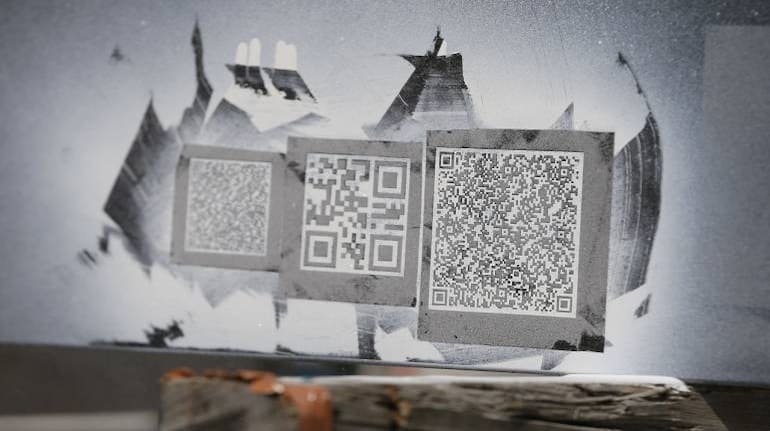



Indian pharmaceutical companies have welcomed the Centre’s decision to make a Quick Response (QR) code mandatory on the packaging label of the top 300 drug formulations, but said it will likely pose initial challenges to manufacturers.
“We welcome the government’s move to introduce QR codes in medicine packaging as they can greatly help in controlling the counterfeiting of drugs by tracking their journey from factory to patient,” said Alok Malik, Executive Vice President and Business Head, India Formulations, Glenmark Pharmaceuticals.
“Counterfeit drugs are a threat to patient safety and this initiative will be another important move towards assuring authenticity and traceability of the drugs,” Malik added.
The new rule is applicable to drug formulations including Calpol, Allegra, Betadine ointment, Gelusil and Dolo 650 and will come into force on August 1, 2023, a government notification dated November 18 said.
The QR code will have to store data of the unique product identification, proper and generic name of the drug, brand name, name and address of the manufacturer, batch number and date of manufacturing and expiry, and manufacturing licence number.
Battle against spurious drugsThe move is aimed at curbing the sale of spurious, counterfeit or substandard drugs.
The move will certainly curb the spread of spurious and counterfeit drugs in India, said Sandeep Jain, Managing Director (Joint), Akums Drugs and Pharmaceuticals, the largest contract manufacturing pharmaceutical company in India.
“We will have to make some changes in the packaging line, certain cost will be incurred for getting the entire system running along with validation costs. Initially it would pose some challenge but it is a much needed and well-thought-out step by the government,” Jain told Moneycontrol.
According to a Union Health Ministry official involved in the process, industry representatives have raised concerns on the short window open for implementing the move.
The challenge“The industry representatives said that the coding on the primary packaging will be a big challenge for them and they would require a much longer time for implementation,” the official said.
“The stakeholders requested the government to increase the timeline for implementation to 18 months from the date of release of the final notification,” the official added.
Also read: 'Freebies' to doctors: Pharma industry lobby seeks new code to regulate marketing interactionIndustry representatives also pointed to the huge cost small manufacturers will have to incur to get the entire system -hardware and software - running plus validation costs.
“If a drug has unique barcode, the spurious drug makers can’t copy it. Though there have been concerns of cost, every barcode in the longer run would cost only 5 to 10 paise per strip,” the official said.
Consumer awareness is keyAshim Sanyal, Chief Operating Officer and Secretary, Voluntary Organisation in Interest of Consumer Education (VOICE), said the success of the QR code on drugs would depend on consumer awareness.
"Consumer awareness in India is missing. The move can bring down the spurious drugs problem provided people monitor the QR codes. The QR accessibility to pharma companies has to be strengthened," Sanyal said.
An official at the Central Drugs Standard Control Organisation(CDSCO) said the move will be adopted by the top 53 pharma companies in India.
“After this decision, the barcodes will be printed on nearly 35 to 40 percent of branded drugs manufactured by these companies,” he said, requesting anonymity.
A unique 14-digit code shall be printed or affixed on the primary packaging of the top 300 drug formulations.
The annual market of these top 300 branded drugs in India is about Rs. 1 lakh crore and with exports included, their overall yearly value rises to nearly Rs. 3 lakh crore.
Discover the latest Business News, Sensex, and Nifty updates. Obtain Personal Finance insights, tax queries, and expert opinions on Moneycontrol or download the Moneycontrol App to stay updated!
Find the best of Al News in one place, specially curated for you every weekend.
Stay on top of the latest tech trends and biggest startup news.